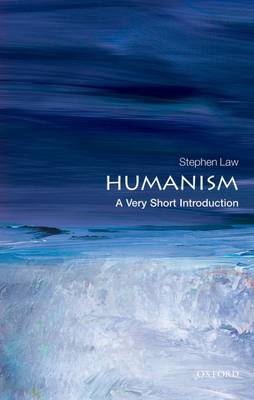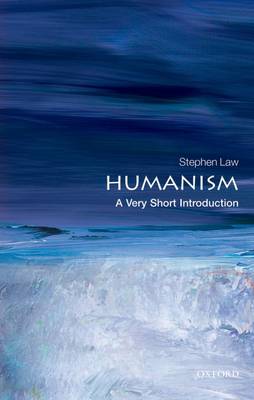
Door een staking bij bpost kan je online bestelling op dit moment iets langer onderweg zijn dan voorzien. Dringend iets nodig? Onze winkels ontvangen jou met open armen!
- Afhalen na 1 uur in een winkel met voorraad
- Gratis thuislevering in België vanaf € 30
- Ruim aanbod met 7 miljoen producten
Door een staking bij bpost kan je online bestelling op dit moment iets langer onderweg zijn dan voorzien. Dringend iets nodig? Onze winkels ontvangen jou met open armen!
- Afhalen na 1 uur in een winkel met voorraad
- Gratis thuislevering in België vanaf € 30
- Ruim aanbod met 7 miljoen producten
Zoeken
€ 13,95
+ 27 punten
Omschrijving
People of faith often argue that without God, there can be no morality. Indeed, without religion, our lives are left without meaning and are likely to degenerate into moral chaos. In this Very Short Introduction, philosopher Stephen Law explains why these claims are false and why humanism--though a rejection of religion--nevertheless provides both a moral basis and a meaning for our lives. Indeed, Law shows that humanism is a quite positive alternative to religion. The humanist is not simply one who denies the truth of religious belief, but one who believes we can enjoy meaningful, purposeful, and good lives without religion. And far from embracing moral nihilism, humanists are often deeply committed people, to be found at the forefront of many important ethical campaigns. Law goes on to show how the term "humanism" is used in a variety of ways. Marx described himself as a "humanist" but the Pope has also expressed support for what he calls "humanism." Law argues for humanism as it is most commonly understood--as a positive, moral form of atheism.
Specificaties
Betrokkenen
- Auteur(s):
- Uitgeverij:
Inhoud
- Aantal bladzijden:
- 176
- Taal:
- Engels
- Reeks:
Eigenschappen
- Productcode (EAN):
- 9780199553648
- Verschijningsdatum:
- 11/02/2011
- Uitvoering:
- Paperback
- Formaat:
- Trade paperback (VS)
- Afmetingen:
- 109 mm x 173 mm
- Gewicht:
- 136 g

Alleen bij Standaard Boekhandel
+ 27 punten op je klantenkaart van Standaard Boekhandel
Beoordelingen
We publiceren alleen reviews die voldoen aan de voorwaarden voor reviews. Bekijk onze voorwaarden voor reviews.











